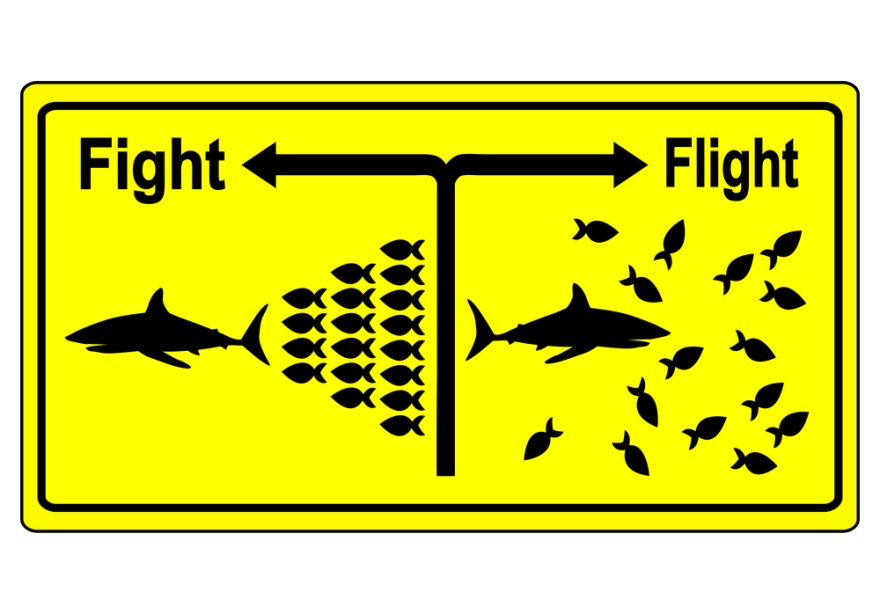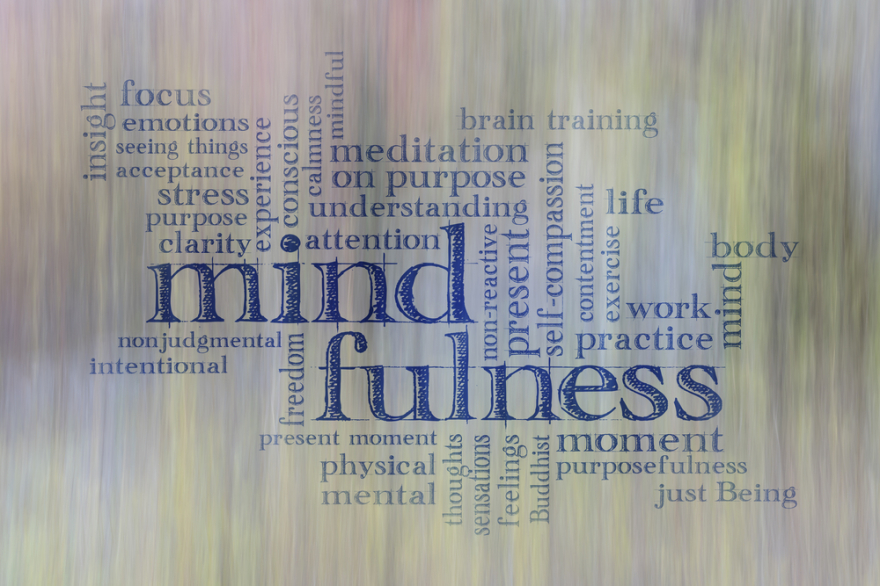|
3 Ways Understanding Brain Science Builds an Inner Calm
Rev. Dr. Kitty Boitnott, NBCT, RScP
Heart-Centered Career Transition and Job Search Coach | Life Strategies and Stress Management Coaching

What if someone told you that you could control your brain? The good news is you can! All you need is some practice and a little knowledge. Brain science isn't rocket science, after all. Understanding brain science is a skill anyone can learn with time, practice, and patience. Are you ready to learn how to be calm under pressure all the time?
Understand the "Fight or Flight" instinct.

You can thank your elementary school teachers for beating this one into your head. But, if you need a little recap, "fight or flight" describes how the brain automatically reacts in stressful situations. To put it simply, you either decide to flee the scene (flight) or stay and take action (fight), i.e., defend yourself. This instinct is what has led to the survival of our species over millions of years.
However, the "fight or flight" instinct is irrelevant in most cases in our modern world. Despite that, your brain still senses danger when you experience anything outside of what is "normal" or your routine. For example, if you feel your body tensing up, that's a byproduct of the "fight or flight" instinct. So the next time you think you're experiencing this, ask yourself, "Is this a life or death situation? Or should I calm down and realize I will be okay?"
Think about the difference between these two situations: you are being mugged in a dark alley in the middle of the night versus a colleague calling you out about a difference in opinion. You may feel attacked in both situations, and your body will respond very similarly in both, but your life is not literally in danger in the second scenario. The problem is that your brain doesn't know the difference, so it causes you to respond pretty much the same in both situations.
Call out your Emotions

Detaching from your emotions is prescribed by many meditation experts and leaders who have mastered the art of staying calm. However, we're humans, probably without that expertise, so we'll inevitably experience feelings. That said, we can choose to observe our emotions rather than attaching ourselves to them. When you feel a surge of anger, you can call it out. For example, say, "This is anger I'm experiencing because of XYZ. I know this will pass, but I acknowledge that my feelings are valid."
Be sure to validate your feelings rather than dismiss them. Your emotions are real, and it is okay that you're feeling them!
And don't let others dismiss your feelings, either. You deserve to have them validated and appreciated.
Breathe

Sometimes, all you need to do is breathe. Connect to your breath. Then count your breaths. Be grateful that you're breathing! There are many ways to experience the delight of breathing, so take some time to figure out which approach works best for you. The important thing is that you're doing it. As we mentioned, with "fight or flight," the body reacts to stress and adverse events. You may choke up, forget to breathe, or breathe very heavily. All those things impact our minds, so try to instill a sense of calm in your body first, and breathe.
I hope you can incorporate these practices into your daily routine to help you better manage your stress and effort to understand your brain and live your life with a greater sense of inner calm.
Until next time.
|